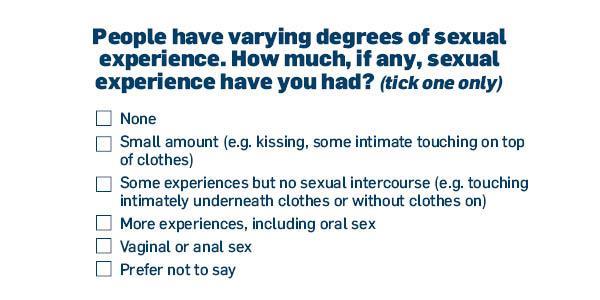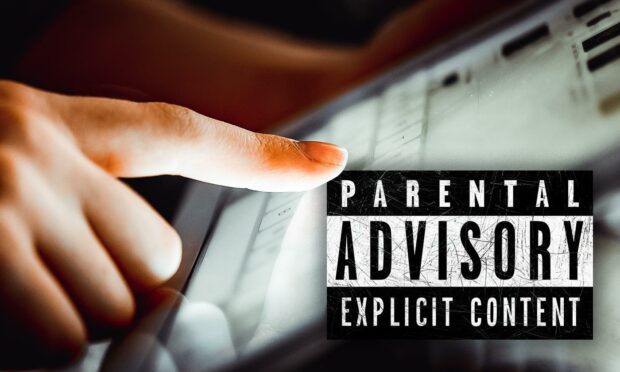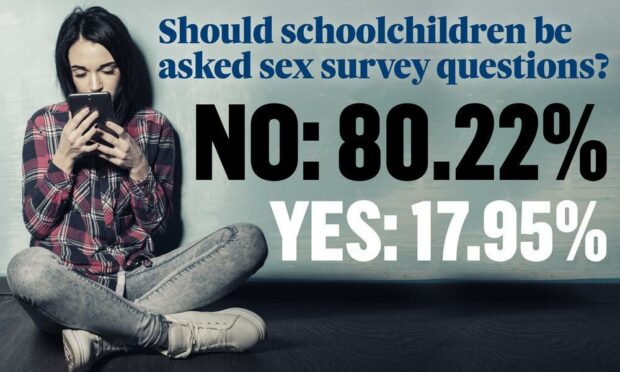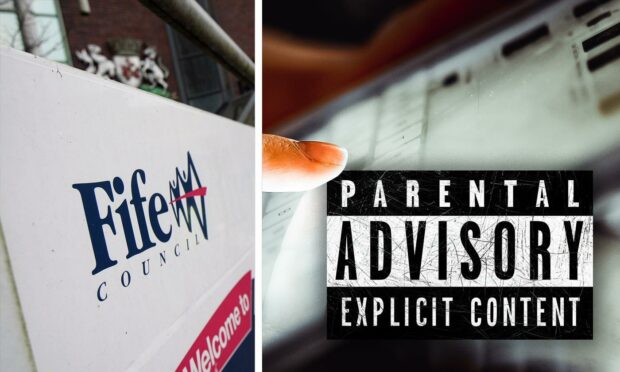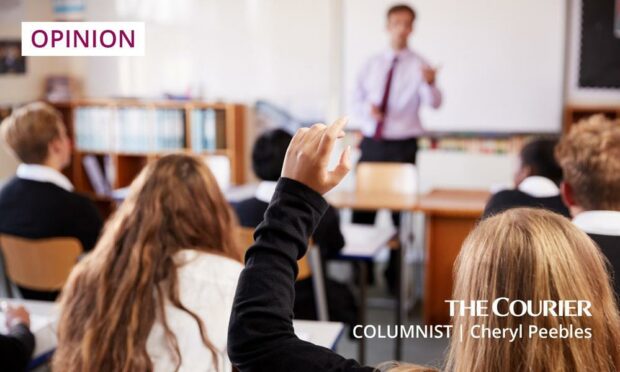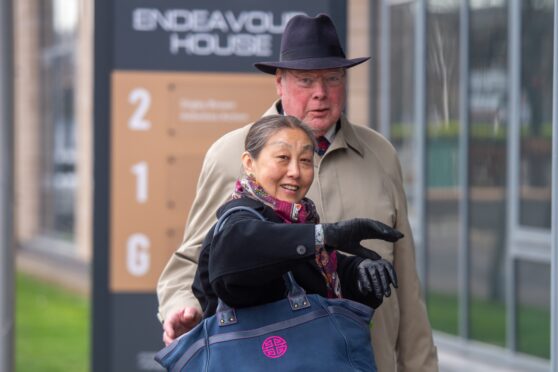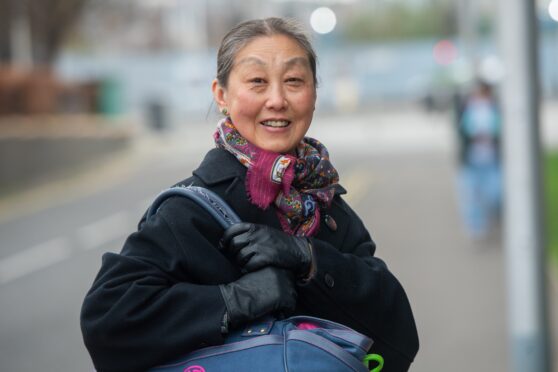A controversial survey designed to help children could instead cause further trauma to sex abuse victims, it is claimed.
The health and wellbeing census being conducted in Scottish schools asks explicit questions of S4 to S6 pupils about their sexual experience.
Children who have been targeted by paedophiles could suffer great distress from the “horrifying” Q&A, says the Safe Schools Alliance.
Youngsters could, it said, be confronted by questions they relate to undisclosed abuse and worry about who will see their answers.
Asking children below the age of consent about the type of sexual experiences they have had could also “normalise abuse”, according to spokeswoman Tanya Carter.
Something that should be improving things for children now has the possibility to make things worse for them.”
Tanya Carter, Safe Schools Alliance
And the parents group said it appeared those who composed the census had failed to properly consider safeguarding issues and when concerns were raised.
Ms Carter said: “Something that should be improving things for children now has the possibility to make things worse for them.”
Local authorities have been asked by the Scottish Government to conduct the census of P5 to S6 pupils so data can be used to improve support to children and young people, inform future policy and better understand factors influencing attainment.
But the contents of a section on sexual experience for S4 to S6 pupils has prompted a backlash. Fife Council has postponed its survey to allow councillors to scrutinise the questions being posed.
An estimated one in 20 UK children have been sexually abused and Ms Carter said: “These children are not going to know how to answer these questions.”
One worried parent who contacted the group asked it: “If you are a child being sexually abused/raped then how on earth do you process trying to answer these questions?
“How do you answer whether you have had sexual intercourse?”
Questions about contraception could, the parent said, be the first time concerns about pregnancy or STIs had occurred to an abuse victim.
They said: “Are you expected to process all this whilst filling out this survey in front of your peers, while desperately trying to hide your shame and embarrassment?”
Ms Carter said: “There are so many safeguarding issues here.
“It just really hasn’t been thought through to the extent it should have been by professionals who understand trauma and child abuse.
“We can see how people want these surveys to be done but we have to so careful in surveying children. We have to make sure there’s no trauma caused to them while surveying.”
Measures to prepare and protect children
Information sheets are being provided to try to ensure participants are prepared and not surprised by the nature of the research, and so that they don’t feel pressured to take part.
Perth and Kinross Council said school staff will talk to pupils beforehand and explain that they can discuss any issues of concern with them or another appropriate adult at any time.
A Scottish Government spokeswoman said: “The content was developed by representatives and experts in conducting research of this nature – from public health, Education Scotland, local authorities and schools.
“These questionnaires have also been ethically approved by independent researchers within the Scottish Government.
“Those undertaking research/surveys are required to provide stakeholders with sufficient information in order for them to make an informed decision (i.e. informed consent).
“Normal practice for seeking informed consent is to provide participants (i.e. parents/carers/children/young people) with an information sheet during recruitment.
“This is a document that gives them the information they need to give their informed consent, and tells them about their rights.”

